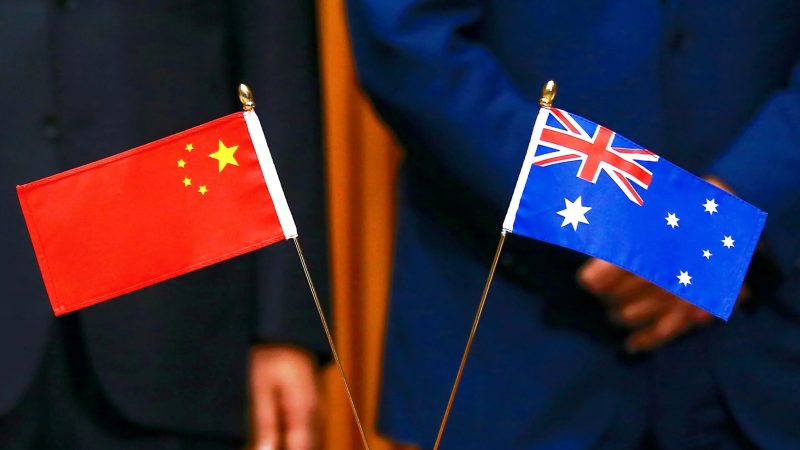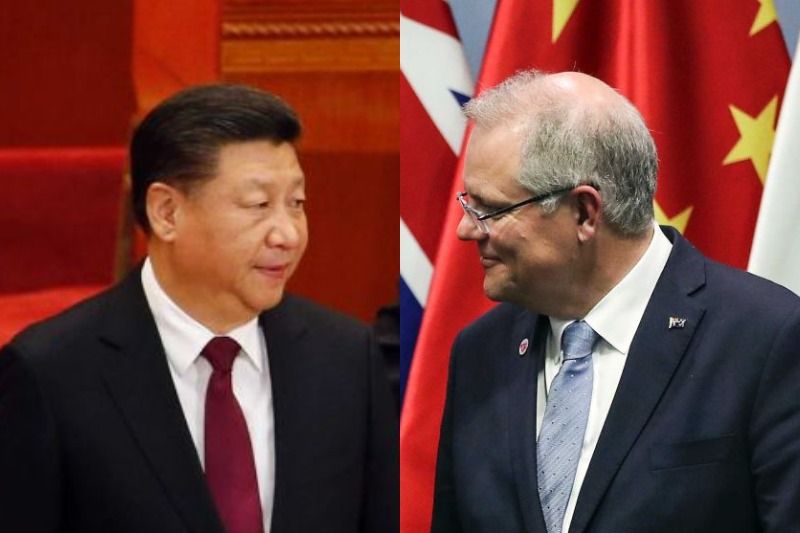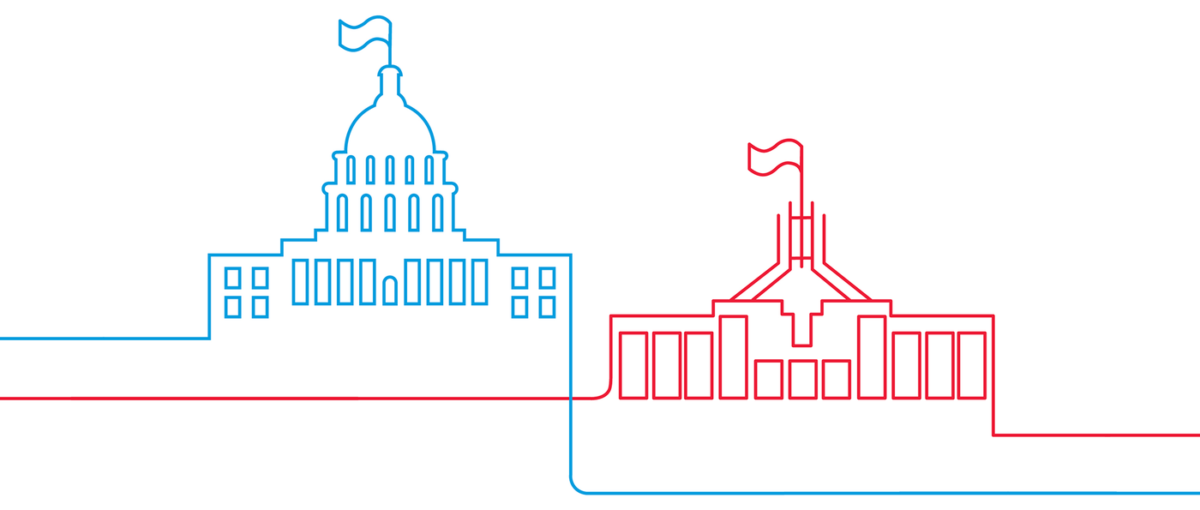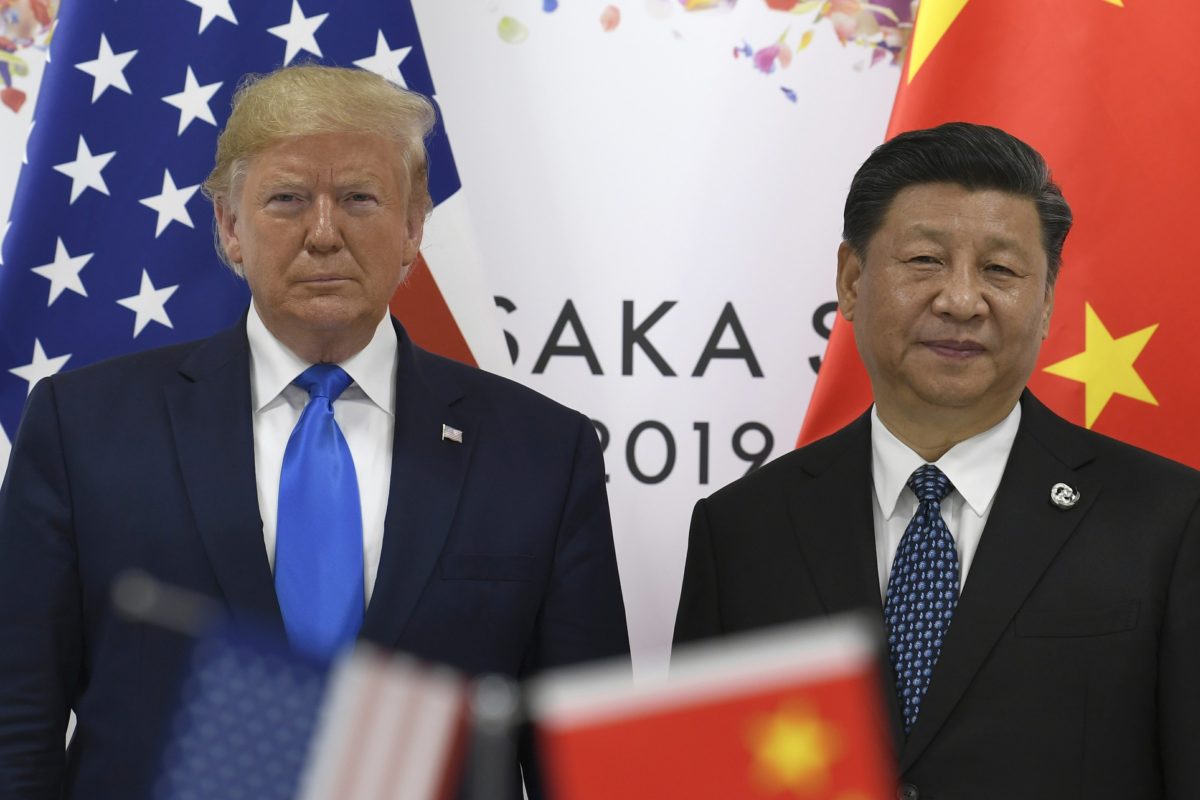Australia is already battling an invisible force that is destabilising life as we know it, but it looks like things are set to become even tougher as relations between Australia and China continue to sour.

Fears over a trade war between Australia and China have been steadily growing for some time now, but were all but confirmed last week when China slapped an 80% tariff on Australian barley. These tariff’s aren’t the first move made by China to initiate a trade stand-off between the two countries, but they are certainly the biggest.
What could a potential trade war mean for Australia?
The relationship between Australia and China in recent history has been mutually beneficial, with China becoming our largest trading partner in terms of imports and exports. A whopping 25% of our manufactured imports come from China, whereas China similarly brings in a third of Australian exports.

Considering China is the second biggest economy in the world with a GDP of $12.238 trillion, it is evident that whilst this is a mutually beneficial partnership, Australia needs China far more than they rely on us. And China knows this.
Unfortunately, the partnership between the two nations is not equal, and now we may begin to see the underbelly of this relationship. Due to Australia’s proclivity to rely on Chinese trade investment, our economy is most likely about to experience further downturn.
What’s happened so far?
Earlier this month China introduced an import ban on four Australian abattoirs in a move that relegated 35% of our beef exports to China. Beef exports were on track to make an estimated $3.5 billion dollars this year. This estimated earnings will take a major hit now that our largest trade partner has cut off one third of the industry.

Additionally, the aforementioned tariffs on barley which were announced this week means that barley farmers are effectively blocked from selling to their biggest market as the industry sends about half of its exports to china.
The decision will cost farmers hundreds of millions of dollars if it persists.
Why are we being targeted?
There are a few theories as to why Australia is being targeted, but the strongest assumption is that these new trade tariffs are a response from the Chinese government to Scott Morrison’s demand for an independent investigation into the Coronavirus pandemic. Last month, China’s ambassador to Australia warned us of a potential consumer boycott against exports should Morrison pursue the investigation.

However, the liberal government is adamant that Scomo’s call for an investigation is not the reason behind these tariffs. At least not for those on barley. The official word is that China has placed the current taxes on our barley as a result of an 18-month investigation. The enquiry stemmed from claims that Australia has dumped barley in China over a number of years. Whilst the 80% tax is perhaps more extreme than expected, the liberal government says that it was always expecting a response from China around this time of year. And while both the OECD and the Federal Government consider claims of barley dumping to be meritless, China claims that they are true.
Is Australia partially to blame?
Federal Agricultural minister David Littleproud has strongly denied the suggestion that we are entering a trade war with China and has promised that Australia will not retaliate.
“The reality is they are separate [the covid-19 investigation and tariffs on our exports]”
However, Labor has criticised the government for mismanaging the international relationship. Opposition agricultural spokesperson, Joel Fitzgibbon lashed Scott Morrison last week, stating:
“We must never forego our interest abroad in the interest of chasing votes here in Australia, and I think that is exactly what the Prime Minister has been doing.”
Could this affect our relationship with the United States?

The United States and China are locked in to an ongoing trade war, with relations continuing to deteriorate in 2020. The stale mate began in 2018 when President Trump began implementing Tariffs and other trade barriers on China as a response to what the US claimed were “unfair trade practices”.
Since then, the two countries have largely engaged in a tit-for-tat style of economic warfare. This trade war has not only detrimentally affected American farmers and manufacturers, with agricultural exports down from $28 billion in 2014 to $9.1 billion in 2018, it has also caused economic damage internationally. Worldwide, economic growth has slowed and many foreign countries have seen their economies weaken as a result.

So it is fair to say that the relationship between China and America is fractured. Which puts Australia in an awkward position.
On Sunday, US secretary of State Mike Pompeo spoke with Sky News Australia about the proposal from the Victorian government to work with China’s belt and road initiative. The interview caused a diplomatic storm when Pompeo threatened to “disconnect” with Australia over Victoria’s potential involvement in Xi Jinping’s belt and road initiative. What Pompeo meant is that America would potentially stop sharing some forms of information with Australia, a alliance that has been in place since 1940.
So while Victoria’s potential collaboration with China is an important step in securing our currently shaky relationship, apparently it could fracture our steadfast alliance with the US.
Australia is like the child of a broken family, and it’s looking like we may soon have to chose which parent to live with.
Subscribe to FIB’s Weekly Alchemy Report for your weekly dose of music, fashion and pop culture news!







